5 praiseworthy traits to develop in Ramadan
We have come to the second half of Ramadan this year and Alhamdulillah, we continue to praise Allah s.w.t. for yet again bestowing us with life and good health to witness Ramadan again. May Allah s.w.t. continue to extend this blessed opportunity to us every year, Ameen.
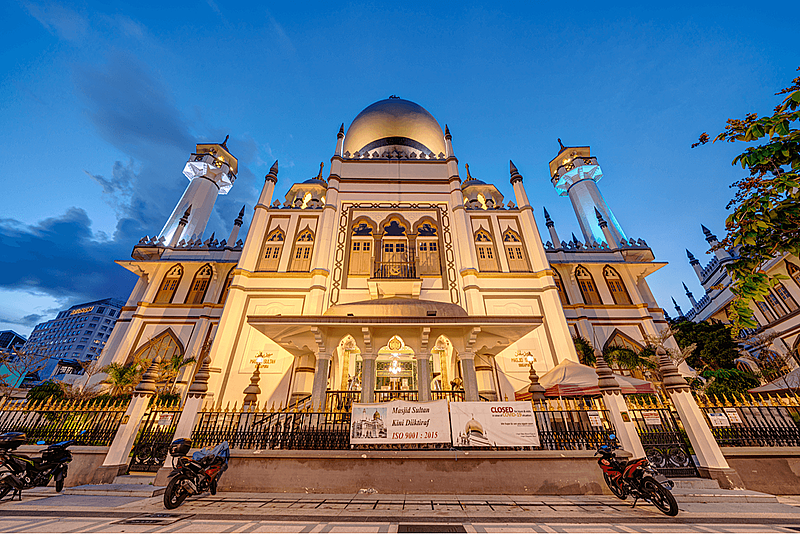
As we are in the second leg of Ramadan, it is important that we continue to strive to the best of our ability and be mindful of the remaining days of this blessed month, in hopes to uncover its hidden treasures. Allah s.w.t. mentioned in Surah Al-Baqarah:
وَتَزَوَّدُوا۟ فَإِنَّ خَيْرَ ٱلزَّادِ ٱلتَّقْوَىٰ
Take (necessary) provisions (for the journey)—surely the best provision is the fear of Allah (Taqwa).
(Surah Al-Baqarah, 2:197)
Taqwa often understood as being fearful of God, God-consciousness or being mindful of God, is one of the main objectives of fasting. This can be achieved by observing the obligatory and Sunnah acts of worship to attain the pleasure of Allah s.w.t. In our previous article, Muslim.Sg has shared with you the 5 Good Deeds to Do in Ramadan.
Read: https://muslim.sg/articles/good-deeds-to-do-in-ramadan
Besides these good deeds, are there any other things to help us develop in this blessed month? How do we tell that we are progressing well with the objectives of Ramadan?
There are 5 areas that we should strive to develop in this blessed month to attain closeness to Allah s.w.t:
1. Patience
One of the virtues that Islam teaches us through fasting is to develop patience. Alhamdulillah many of us would consider ourselves privileged to be able to have our meals wherever we want, whenever we want, at our convenience. Through a variety of food delivery services and applications, we get instant access to food delivered at the click of our fingertips. Many of us don’t even need to travel miles away to get food. We even tend to get easily flustered when the food delivery is delayed especially when we are hungry.
However, when we are fasting, we are required to observe the passage of time without food intake, though the food is present and within our reach. While fasting, we are also taught to guard our mouth against saying things that can damage our fast. In fact, we are taught to guard our ears, nose and limbs against any blameworthy acts that can taint our fast.
Sometimes, we forget that we should also be patient and be mindful of our character. Thus, fasting is the perfect exercise and reminder to come back to Allah s.w.t. as Allah loves those who are patient.
وَٱللَّهُ يُحِبُّ ٱلصَّـٰبِرِينَ
Allah loves those who persevere.
(Surah Ali ‘Imran, 3:146)
2. Gratitude
In this blessed month, we can see the acts of generosity (e.g. sharing of food for breaking fast with loved ones and volunteering to deliver food to those in need, etc) being shared across social media platforms. This act is in line with the spirit of Ramadan as shared by our Prophet Muhammad s.a.w. when he mentioned:
مَنْ فَطَّرَ صَائِمًا كَانَ لَهُ مِثْلُ أَجْرِهِ غَيْرَ أَنَّهُ لاَ يَنْقُصُ مِنْ أَجْرِ الصَّائِمِ شَيْئًا
Whoever feeds a person breaking his fast will earn the same reward as him without anything being lessened from the reward of the fasting person.
(Sunan At-Tirmizi)
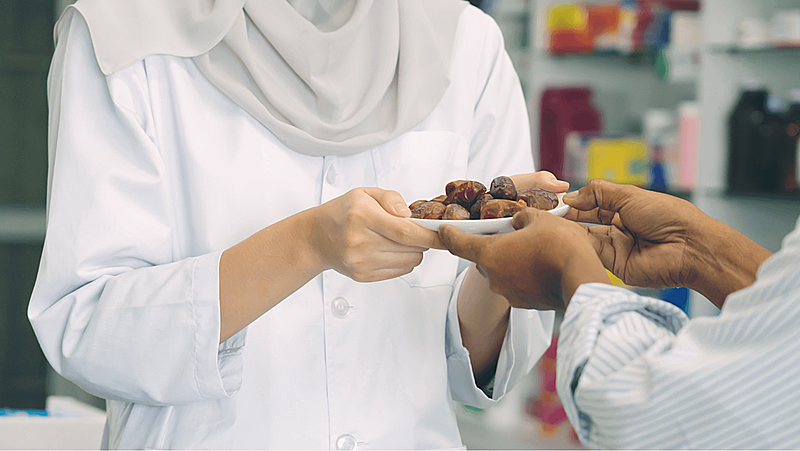
This gracious and selfless act does not only bring rewards to the giver, but also as a clear proof of their gratitude for Allah s.w.t. Naturally, we would usually share or exchange gifts with our loved ones or with those who are close to us. Giving gifts is a sign of love and gratitude towards the person as well as a perfect manifestation of our gratitude to Allah as our Prophet Muhammad s.a.w. mentioned:
مَنْ لَا يَشْكُر النَّاسَ لَا يَشْكُر الله
Whoever is not grateful to the people, is not grateful to Allah.
(Sunan At-Tirmizi)
Sharing what we have with others (which include neighbours, colleagues, relatives, etc) is also a true reflection of our gratitude to Allah as we acknowledge that our wealth indeed comes from Him and is meant to be shared around.
Furthermore, when we fast, we may develop greater insights or experience of not having all that we desire. This can help us appreciate the gifts that we haven't been grateful for, such as the sense of abundance and having a full tummy with the food and drinks we get to enjoy on regular occasions.
3. Sincerity
Fasting is one of the best acts of worship to attain piety or consciousness of Allah. Allah mentions in Surah Al-Baqarah:
يَـٰٓأَيُّهَا ٱلَّذِينَ ءَامَنُوا۟ كُتِبَ عَلَيْكُمُ ٱلصِّيَامُ كَمَا كُتِبَ عَلَى ٱلَّذِينَ مِن قَبْلِكُمْ لَعَلَّكُمْ تَتَّقُونَ
O believers! Fasting is prescribed to you as it was prescribed to those before you, so that you may (learn) self-restraint (or piety).
(Surah Al-Baqarah, 2:183)
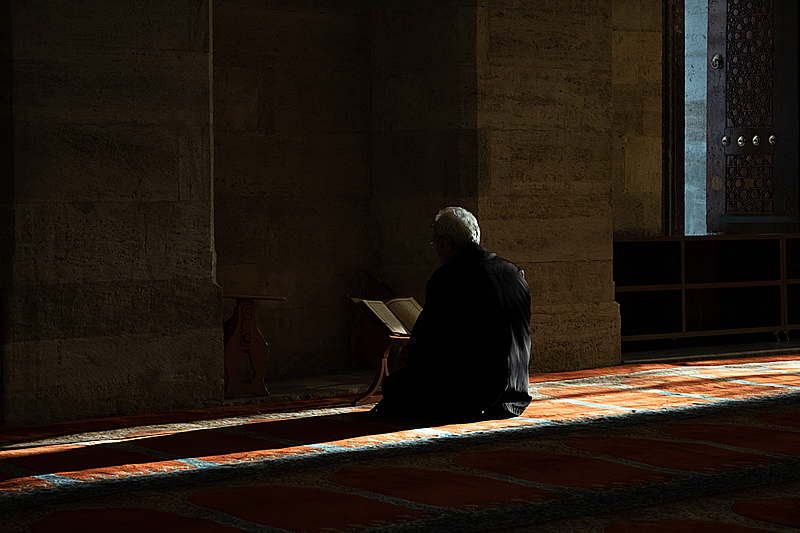
We are fully aware that all acts of worship will grant us nearness and consciousness of Allah s.w.t. However, fasting is one of the best deeds to attain piety as well as sincerity of worship for the following reasons:
• Fasting retains our consciousness of Allah as we remind ourselves that we are fasting and thereby, guarding ourselves against any deeds that can damage its purity. Our sayings and actions are carefully monitored throughout the duration of our fast as we carry on with our daily lives. This is in contrast with other acts of worship, such as Solat (prayer), that we tend to lose consciousness of Allah as soon as we finish our prayers.
• Furthermore, other acts of worship such as the prayers, the act of giving Zakat and Sadaqah (charity), are acts of ibadah (worship) that can be witnessed by others around us when performed. Because of this, it can harbour the sense of pride and Riya’ (ostentation) in our heart and sometimes we may even hope for others to praise or mention our deeds in the presence of others.
Fasting, however, is an act of worship that anyone can hardly notice just by looking at our appearances. For this reason, fasting is one of the best acts of worship to maintain the sincerity of our action. Sincerity can be defined as to free the act of worship from being watched by other creations(1).
This is in accordance with the essence of worship that we serve Allah s.w.t. with sincere devotion
قُلْ إِنِّىٓ أُمِرْتُ أَنْ أَعْبُدَ ٱللَّهَ مُخْلِصًا لَّهُ ٱلدِّينَ
Say, “I am commanded to worship Allah, being sincerely devoted to Him (alone).
(Surah Az-Zumar, 39:11)
4. Reliance
Often when we are not fasting, we would busy ourselves with planning our daily meals. We would find joy nearing lunch hour thinking of the food that would fill us. We often think that we will not be able to function well without our meals. There are some days that we would even supplement our meals with desserts and snacks after having a complete meal. We have developed a poor sense of reliance upon food, that it is food that keeps us going all this while.
Fasting takes us away from this unhealthy belief. Through fasting, we learn that we are actually able to function well even without our consecutive meals. It is Allah that keeps us alive and going, whether it be with food or without food. Sometimes, we may even have missed our Sahur (pre-dawn meal) which immediately heightens our hope for Allah to strengthen us and survive the day. Reliance or Tawakkal is indeed a beloved virtue in the sight of Allah s.w.t:
إِنَّ اللَّهَ يُحِبُّ المُتَوَكِّلينَ
Surely, Allah loves those who place their trust in Him
(Surah Ali-’Imran, 3:159)
Read: https://muslim.sg/articles/tawakkul-meaning
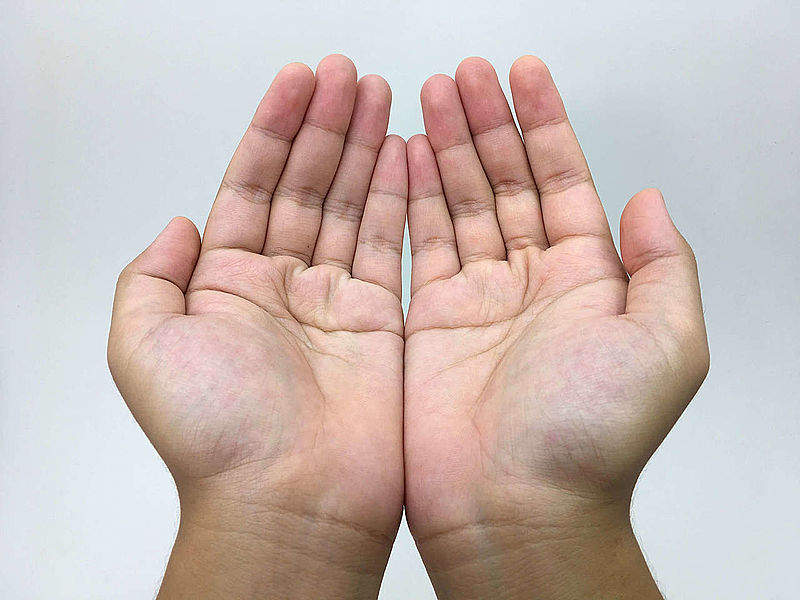
In fact, by realising that our body only needs a modest portion of food daily during break fast time, our past scholars have been very careful to not eat beyond what is needed as they are fully aware that satiety hardens the heart, ruins the intellect, and cultivates laziness in worship and seeking knowledge(2). For this reason, it can get difficult to maximise our time with acts of worship post an unmanaged breaking fast period.
5. Compassion
According to World Food Programme (WFP), one out of nine people globally does not have enough food to lead a healthy and active life. It is not an uncommon sight when people come to us to ask for a dollar or two for them to buy food especially when we dine in a restaurant or food centres. Sometimes, we are hesitant to give as we forget the feelings of hunger and thirst experienced by the less-privileged ones. We began to forget what it feels like to be compassionate and empathetic.
By the Grace of Allah, our religion Islam serves to give us timely reminders, as our Prophet s.a.w mentioned:
الدِّينُ النَّصِيحَةُ
The deen (religion) is naseehah (sincerity of advice).
(Sahih Muslim)
This blessed month serves to remind us of the feeling of hunger and thirst that are constantly experienced by the less fortunate who might even be our own family members, distant relatives, and others. Other than developing gratitude for Allah’s blessings upon us, this also develops us to be more generous and compassionate to humanity and trains us to be a community of Rahmah (merciful). In fact, this is exactly why our Prophet Muhammad s.a.w. was sent down to humanity.
وَمَآ أَرْسَلْنَـٰكَ إِلَّا رَحْمَةً لِّلْعَـٰلَمِينَ
We have sent you (O Prophet) only as a mercy for all the worlds.
(Surah Al-Anbiya’, 21:107)
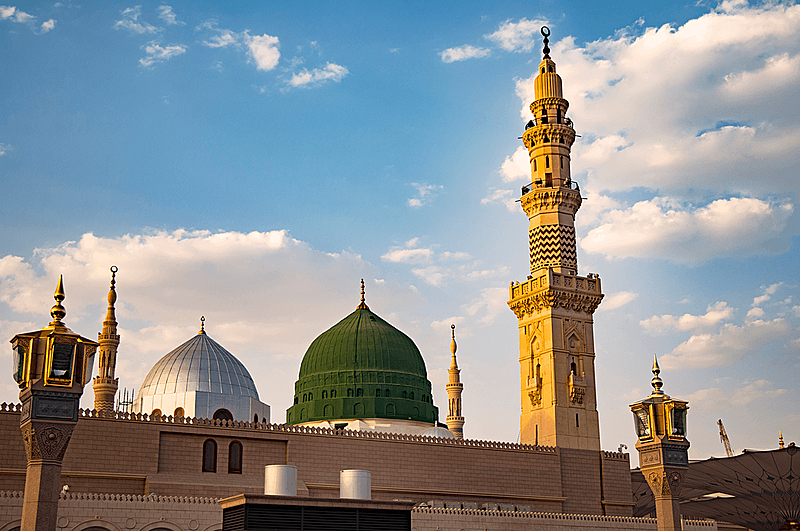
Conclusion
Anchoring on these 5 virtuous traits, our Islamic institutions (i.e. Muis) actively strives to necessitate and provide the best way possible for our Muslim community to carry out our Ibadah in this blessed month of Ramadan amid this pandemic period.
We witnessed the gradual developments in regards to matters i.e. from the total closure of mosques, to the gradual reopening of mosques during prayer times, and now the offering of Terawih prayers and Qiyamullail, with careful safety management procedures. Though the number of congregants allowed and the frequency to carry out our ibadah in mosques remains limited, we are entirely grateful that our mosques are now open to accept our Muslim community gradually.
Perhaps from these positive traits that are developed within our Muslim community, Allah will open His doors of Rahmah and provide more ease in this Ramadan and beyond. Finally, let us remind ourselves to not confine our ibadah in mosques only, but also to maximise the remaining Ramadan that we have now at the comfort of our homes.
We pray together that Allah s.w.t. accept all our deeds, ease our affairs especially ibadah and let us meet the Laylatul Qadr.
اللَّهُمَّ بَارِكْ لَنَا فِي رَمَضَان وَبَلِّغْنَا لَيْلَةَ القَدْر
Allahumma barik lana fi Ramadan wa ballighna lailatal Qadar
O Allah, bless us in Ramadan and allow us to meet Laylatul Qadr
Read: 4 Beautiful Significance of Laylatul Qadr
Ameen ya Rabbal alamin.
__________________
References:
(1) Abul Qasim Al-Qusyairi, on Sincerity, as mentioned by Imam Abdullah Alawi Al-Haddad in Risalatul Mudzakarah (A Treaty of Mutual Counselling).
(2) Imam Abu Hamid Al-Ghazali, on Sins Committed with The Limbs, Bidayatul Hidayah (Beginning of Guidance).
(3) www.worldvision.com.au

